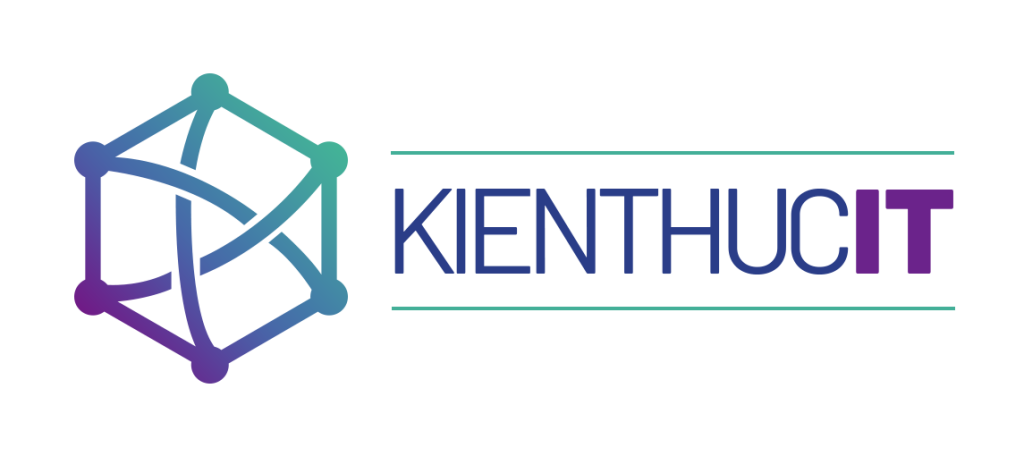Recent Regulatory Updates in the Cryptocurrency Space
The landscape of cryptocurrency regulation has seen significant shifts in 2025, with new policies emerging to address growing concerns over market stability and investor protection. The US market remains at the forefront of these changes, as lawmakers and regulators work to establish clearer guidelines for digital assets. Recent proposals include stricter licensing requirements for exchanges and enhanced transparency measures for token issuers. These updates aim to mitigate risks while fostering innovation in blockchain technology.
Federal vs State Regulations: A Growing Divide
As the US market evolves, disparities between federal and state-level approaches to cryptocurrency regulation have become more pronounced. While the federal government seeks to create a unified framework, states like New York and California have implemented their own stringent rules. This fragmentation complicates compliance for businesses operating across multiple jurisdictions, highlighting the need for harmonized standards to support the growth of digital assets and blockchain technology.
The Role of the SEC in Shaping Crypto Compliance
The Securities and Exchange Commission (SEC) continues to play a pivotal role in shaping cryptocurrency regulation through its enforcement actions and policy guidance. In 2025, the agency has intensified its focus on unregistered securities, leading to high-profile lawsuits against major players in the digital assets sector. For instance, the SEC’s crackdown on stablecoin issuers has raised questions about the long-term viability of certain blockchain technology applications. https://kokapandit.net/
International Comparisons: How Other Countries Regulate Digital Assets
While the US market grapples with regulatory uncertainty, other nations have adopted more structured approaches to cryptocurrency regulation. The European Union’s MiCA framework, for example, provides a comprehensive legal structure for digital assets, contrasting sharply with the patchwork system in the United States. Meanwhile, countries like Japan and Singapore have positioned themselves as hubs for blockchain technology innovation by offering clear regulatory pathways for startups and investors.
Impact of New Policies on Investors and Market Volatility
Stricter cryptocurrency regulation has had a mixed impact on the US market, with some investors welcoming the increased oversight for its potential to reduce fraud. However, heightened compliance costs and regulatory ambiguity have also contributed to market volatility. The SEC’s enforcement actions, in particular, have led to sharp price swings for tokens deemed non-compliant, raising concerns about the balance between investor protection and market freedom.
Challenges Faced by Exchanges in Adhering to Compliance Standards
Crypto exchanges now face unprecedented challenges in aligning with evolving compliance standards. From Know Your Customer (KYC) protocols to anti-money laundering (AML) measures, the burden of adhering to cryptocurrency regulation has grown substantially. Smaller platforms, in particular, struggle to keep pace with the operational demands of managing digital assets while maintaining competitive pricing for users.
Emerging Trends in Blockchain Technology and Legal Frameworks
Blockchain technology continues to evolve, with advancements in smart contracts and decentralized finance (DeFi) pushing the boundaries of what digital assets can achieve. However, these innovations often outpace existing legal frameworks, creating a gap that regulators are working to close. The interplay between technological progress and cryptocurrency regulation remains a critical area of focus for policymakers and industry leaders alike.
Industry Responses to Increased Scrutiny from Government Agencies
In response to heightened scrutiny, many cryptocurrency firms have proactively adopted self-regulatory measures. Industry groups have collaborated to propose voluntary standards for digital assets, aiming to preemptively address concerns from government agencies. These efforts reflect a broader trend of aligning blockchain technology with the expectations of a more regulated financial ecosystem.
Predictions for Future Regulatory Landscapes in 2025
Experts predict that 2025 will see the emergence of a more cohesive regulatory environment for cryptocurrency in the US market. Potential developments include the introduction of a federal licensing regime for digital asset businesses and clearer definitions for securities versus utility tokens. These changes could significantly reshape the role of blockchain technology in mainstream finance.
Legal Challenges Arising from Decentralized Finance (DeFi) Platforms
Decentralized finance platforms have become a focal point for legal challenges under current cryptocurrency regulation. Their autonomous nature complicates enforcement, as traditional regulatory tools struggle to apply to systems without centralized control. This has sparked debates about whether existing frameworks, such as those enforced by the SEC, are adequate to govern the complexities of DeFi and digital assets.
Consumer Protection Measures for Retail Crypto Users
As the US market expands, consumer protection has become a priority for regulators. Initiatives include mandatory education programs for retail users and stricter penalties for fraudulent activities involving digital assets. These measures aim to build trust in blockchain technology while safeguarding individuals from the risks associated with volatile crypto markets.
Tax Implications of Cryptocurrency Transactions Under New Guidelines
New tax guidelines issued in 2025 have redefined how cryptocurrency transactions are reported, impacting both individuals and businesses. The IRS has expanded its focus on digital assets, requiring detailed disclosures for capital gains and losses. These changes underscore the growing integration of blockchain technology into conventional financial reporting systems.
Stablecoins and Their Regulatory Status in the US Financial System
The regulatory status of stablecoins remains a contentious issue, with debates over their classification as securities or bank-like instruments. The SEC’s enforcement actions have pressured issuers to adopt stricter reserves and audit practices, reflecting the agency’s push to stabilize the US financial system amid concerns about the risks posed by digital assets.
How Startups Are Navigating Compliance Without Stifling Innovation
Startups in the blockchain technology space are finding creative ways to meet compliance demands while driving innovation. By leveraging modular compliance solutions and engaging early with regulators, these companies aim to avoid the pitfalls of overregulation. Their strategies highlight the delicate balance required to thrive in the evolving cryptocurrency regulation landscape.
Public Opinion and Advocacy Groups Influencing Policy Changes
Public opinion and advocacy groups have increasingly influenced cryptocurrency regulation in the US market. Grassroots campaigns and lobbying efforts have shaped discussions around digital assets, pushing for balanced policies that protect consumers while enabling technological progress. This dynamic interplay between stakeholders and policymakers will likely define the future of blockchain technology and its integration into the financial sector.
